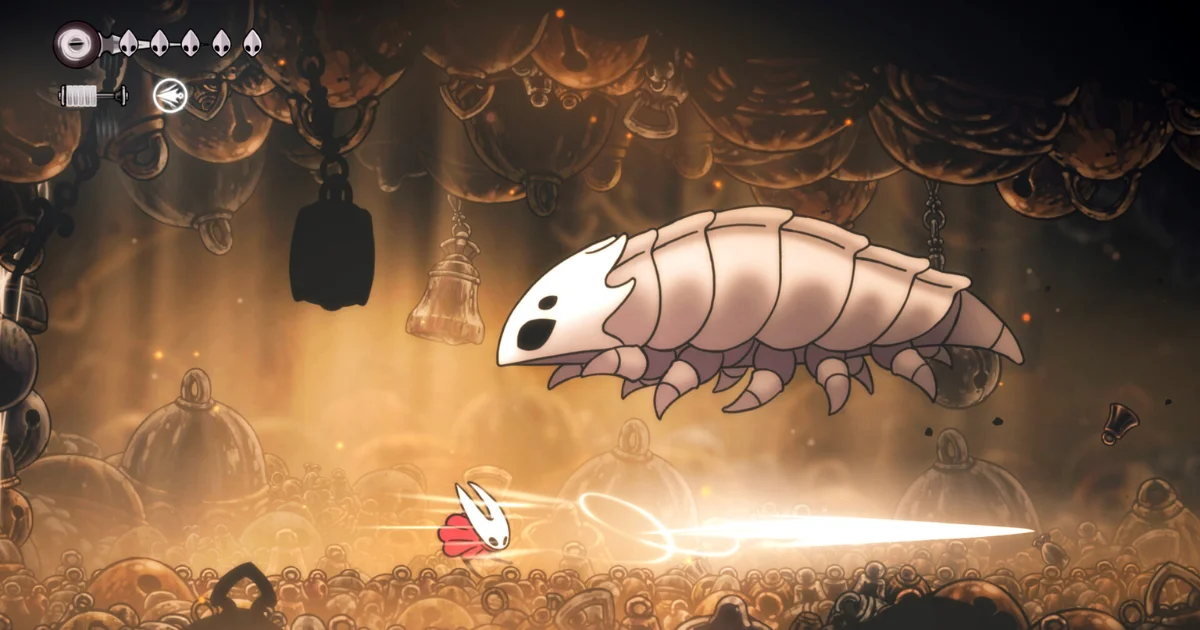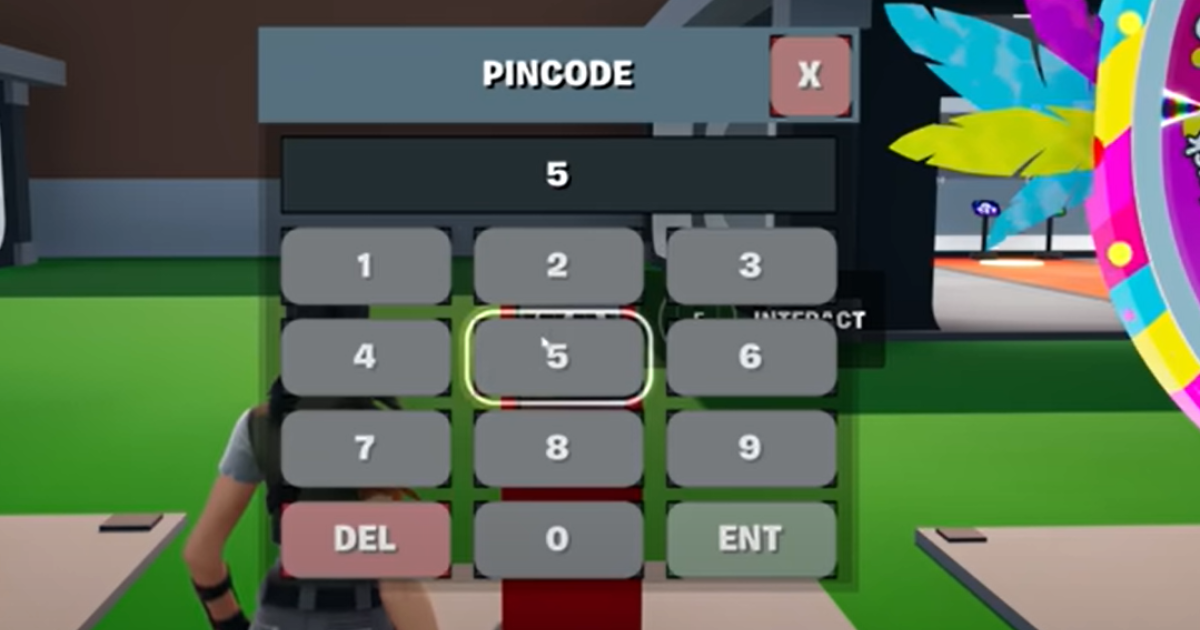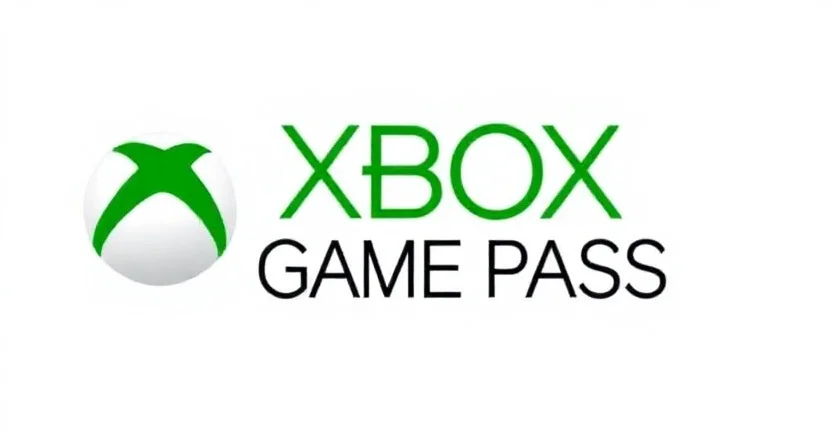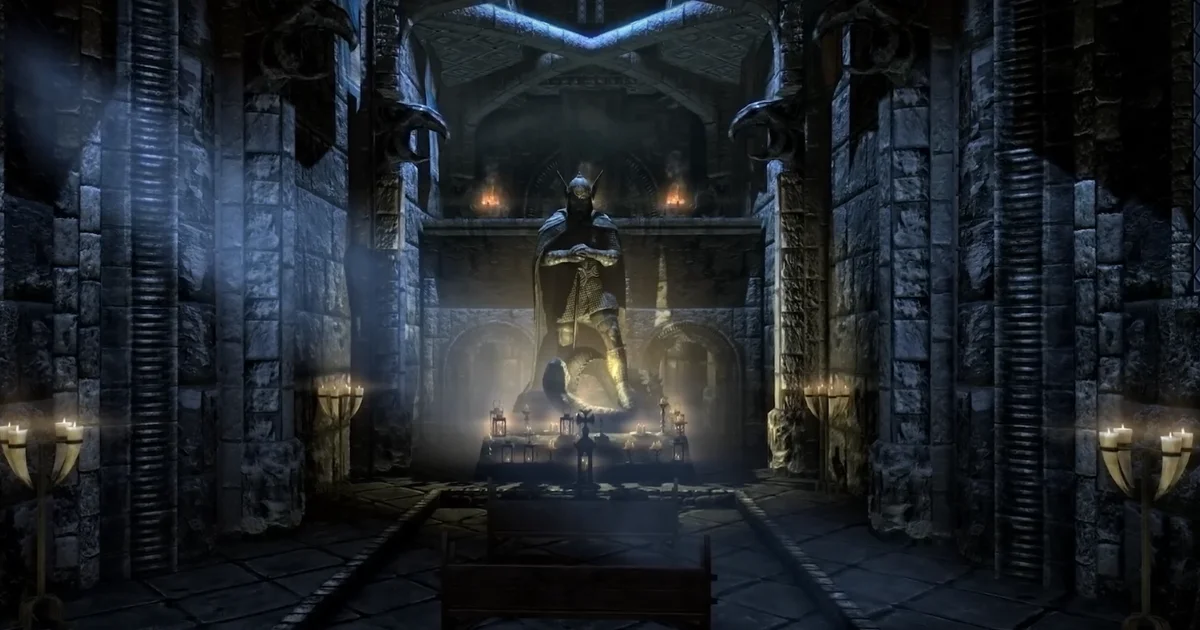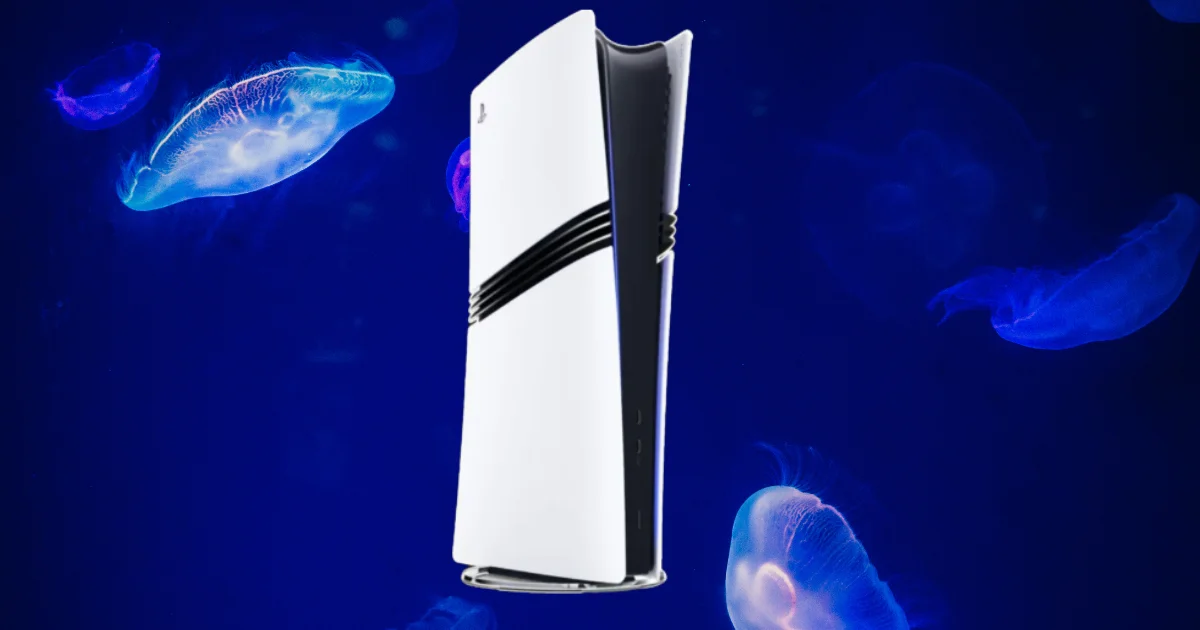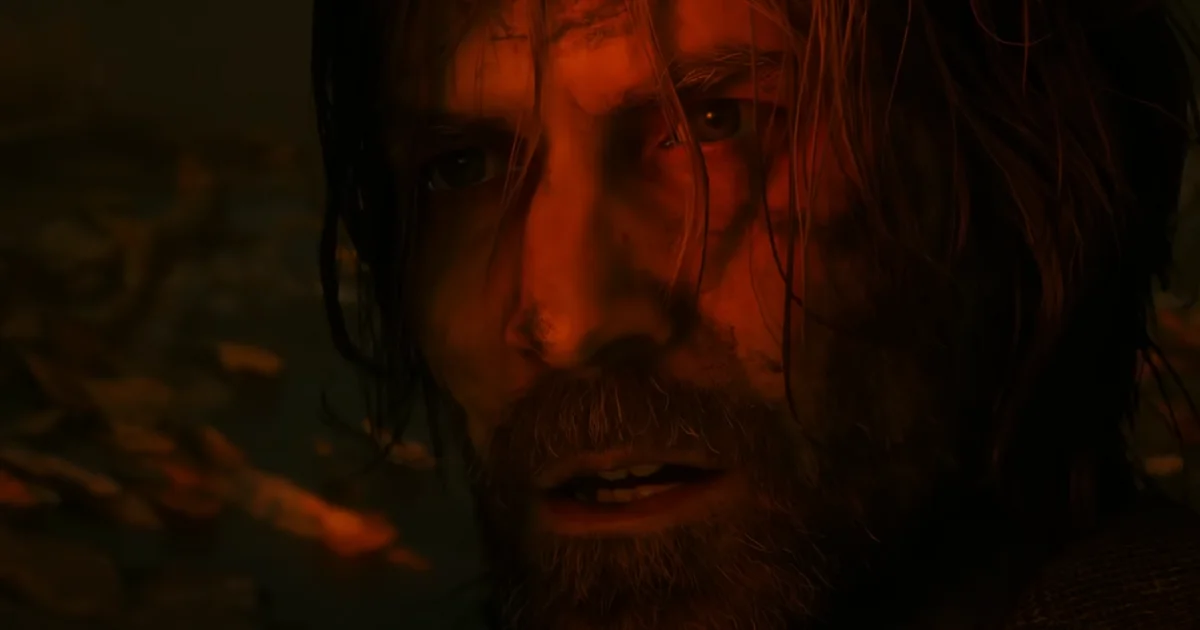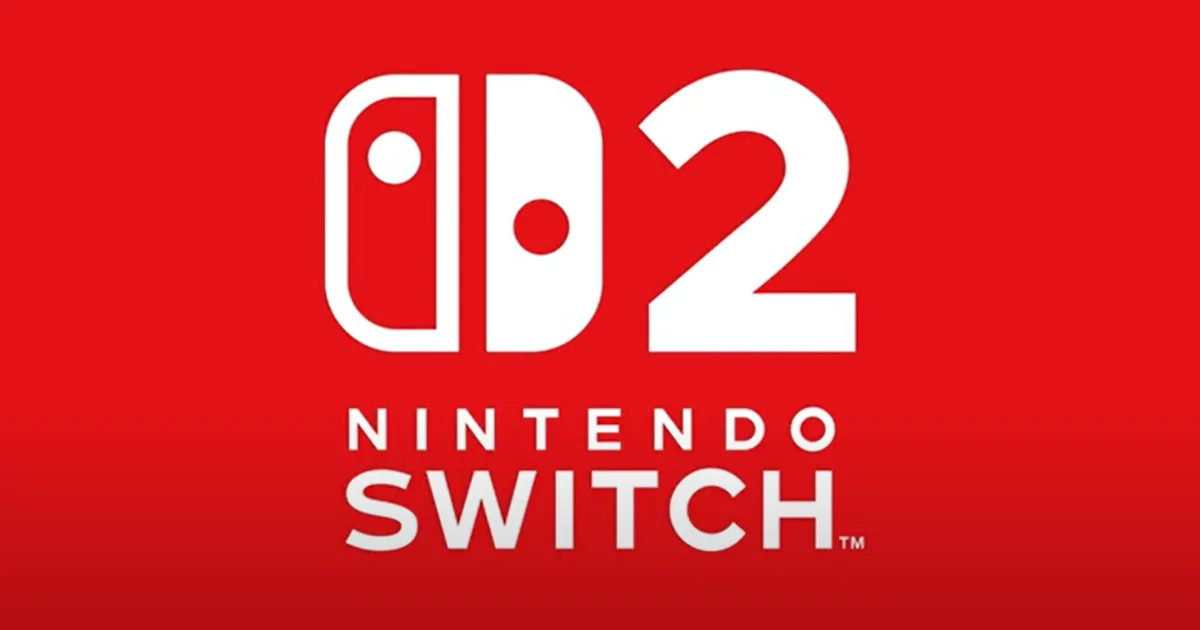
When you first heard that Star Wars Outlaws on Nintendo Switch 2 would ship as a Game-Key Card instead of a full cartridge, you probably rolled your eyes. Trust me, I did too. After all, nothing frustrates players more than buying a “physical” copy only to find out it’s just a glorified download trigger. But here’s the twist—Ubisoft says this choice had nothing to do with saving money, and everything to do with performance on Nintendo’s new handheld-console hybrid.
What Exactly Is a Game-Key Card?
Let’s clear the air first. A Game-Key Card looks like a regular Switch cartridge, but instead of containing the full game, it stores a tiny “key” that prompts you to download the bulk of the content directly to your console. On paper, it feels like you’re being short-changed—why bother with a box if it doesn’t hold the entire game? But in the case of Star Wars Outlaws, Ubisoft argues that this isn’t a cost-cutting move, but a technical necessity.
Also Read: Nintendo Switch 2 Becomes Fastest-Selling Console Ever with 3.5 Million Units Sold in Just 4 Days
Ubisoft’s Developer Sets the Record Straight
Ubisoft’s Snowdrop audio architect, Rob Bantin, went online to directly respond to the mounting criticism from fans. He explained that the decision wasn’t about cartridge expenses—something most fans assumed—but instead about how Snowdrop relies on heavy disk streaming to run massive open worlds like Toshara and Canto Bight.
Here’s the kicker: the Switch 2’s internal SSD and expandable microSD Express storage can handle fast streaming far better than the bespoke cartridges Nintendo provides. That means when you’re racing across a desert on a speeder or sneaking through neon-lit alleys, the game pulls assets smoothly from memory without stutter. According to Bantin, putting the full game on a cart would have risked noticeable loading hitches and lower-quality performance.
In his own words:
“Snowdrop relies heavily on disk streaming for its open world environments, and we found the Switch 2 cards simply didn’t give the performance we needed at the quality target we were going for. Cost was never on the table during discussions; it simply didn’t matter.”
Why This Matters for Switch 2 Players
If you’ve been gaming on PS5 or Xbox Series X/S, you already know how crucial fast storage and streaming are for big open-world adventures. Ubisoft designed Outlaws around those SSDs first, then adapted it for Nintendo’s ecosystem later. And that’s the heart of the issue—this wasn’t a ground-up Switch 2 build. It was a port of a massive game that thrives on rapid asset streaming.
So, while yes, you’ll still need to download the game even with a physical card, the payoff is that you’re getting the smoothest experience possible on Nintendo’s hardware. The studio clearly didn’t want Kay Vess’s galaxy-spanning heists bogged down by cartridge bottlenecks.
Not Just About Money—Experts Agree
What really seals the deal here is the support from other industry voices. Digital Foundry’s John Linneman sympathized with Ubisoft’s reasoning, noting that to hit PS5-level streaming demands on Switch 2, you need SSD-like performance—and those carts just aren’t built for that yet. He even pointed out that higher-capacity cartridges can cost developers upwards of $23 apiece, making them both slower and pricier. In short, Ubisoft likely avoided two headaches at once.
The Technical Trade-Off: SSD vs. Cartridges
Here’s where things get really interesting. The Nintendo Switch 2’s internal SSD and microSD Express support are leaps ahead of the original Switch in terms of data transfer speeds. For a game like Star Wars Outlaws, where entire cities, ships, and open landscapes need to stream seamlessly as you play, this is a game-changer.
If Ubisoft had locked the game onto a physical cart, loading times and streaming speeds would have taken a serious hit. Imagine speeding through Toshara on your hoverbike only for the world to “pop in” a second too late—it would break immersion instantly. By leaning on the SSD instead, Ubisoft ensures that textures, audio, and world data keep up with your pace, delivering the smooth, next-gen feel you expect.
The Fan Backlash: Physical vs. Digital Wars
Of course, not every gamer is happy. If you’ve collected Switch titles over the years, you know how great it feels to build a library of cartridges—tangible proof of your passion. That’s why the announcement hit like a gut punch for some fans. To them, Game-Key Cards feel like digital games in disguise, and worries about game preservation are valid.
But let’s flip this around for a second. Would you rather have a cartridge that feels “complete” but forces the game to run at downgraded performance? Or would you accept a key card if it meant experiencing Outlaws closer to how it runs on PS5 and Xbox Series X/S? Ubisoft seems confident that gamers care more about smooth gameplay than the cartridge it comes on.
The Bigger Picture for Nintendo Switch 2 Games
The move also raises bigger questions: Will more publishers follow suit? If Outlaws sets a precedent, we might see future large-scale Switch 2 titles—think GTA 6 or the next Assassin’s Creed—rely on SSD streaming rather than cartridges. That doesn’t mean the physical market is dead, but it does suggest Nintendo’s next-gen console will lean heavily toward digital-first gaming.
For collectors, this might sting. For performance-focused gamers, it could be the best compromise yet. After all, we’ve seen this shift already on other platforms—discs on PS5 and Xbox are often little more than verification keys for massive downloads.
Also Read: Nintendo Switch 2 Pre-Order Frenzy: Price, Stock Updates & UK Retailer Fallout Ahead Launch
Why You Should Still Be Excited
At the end of the day, here’s what matters: Star Wars Outlaws is coming to Nintendo Switch 2 in a form that stays true to Ubisoft’s vision. Kay Vess’s galaxy-spanning adventure won’t feel stripped down or compromised, and that’s a win in itself.
Sure, you’ll need a decent internet connection to download it. And yes, it may not satisfy those who love their shelf of physical games. But if you’re in it for the gameplay, immersion, and next-gen Star Wars experience on a portable Nintendo device, Ubisoft’s approach makes sense.
As someone who has been tracking Outlaws since its first reveal, I can honestly say: the fact that Ubisoft didn’t water it down just to fit a cartridge should excite you. It shows a commitment to delivering a true open-world Star Wars adventure—even if it means rewriting what “physical media” looks like on Nintendo’s future hardware.

